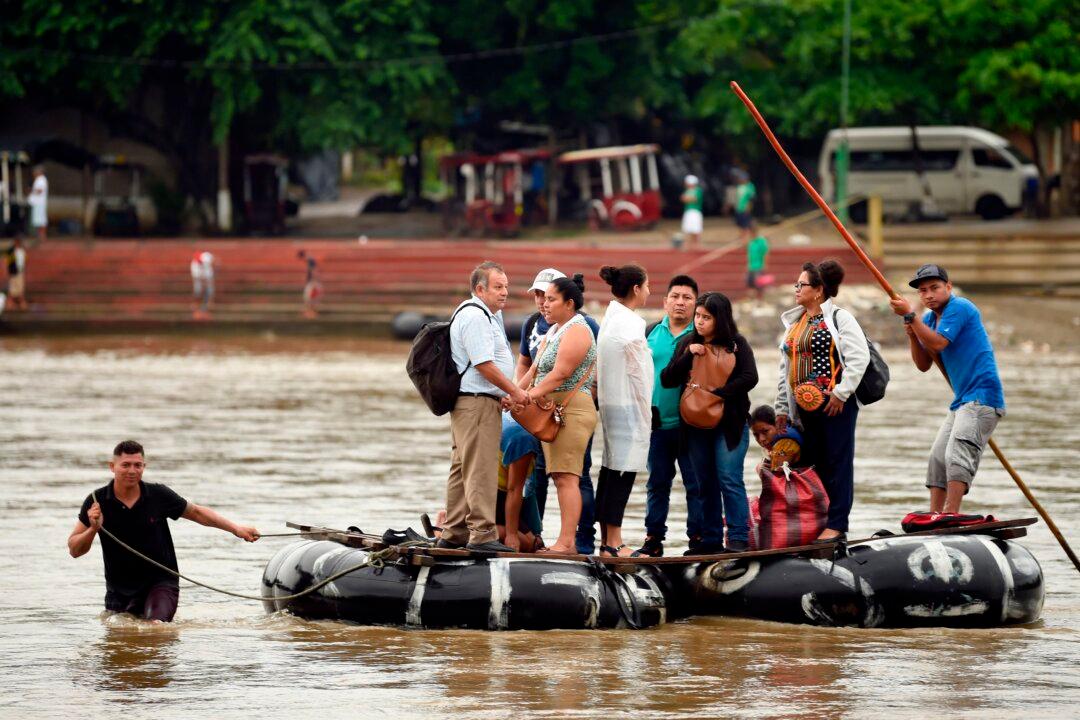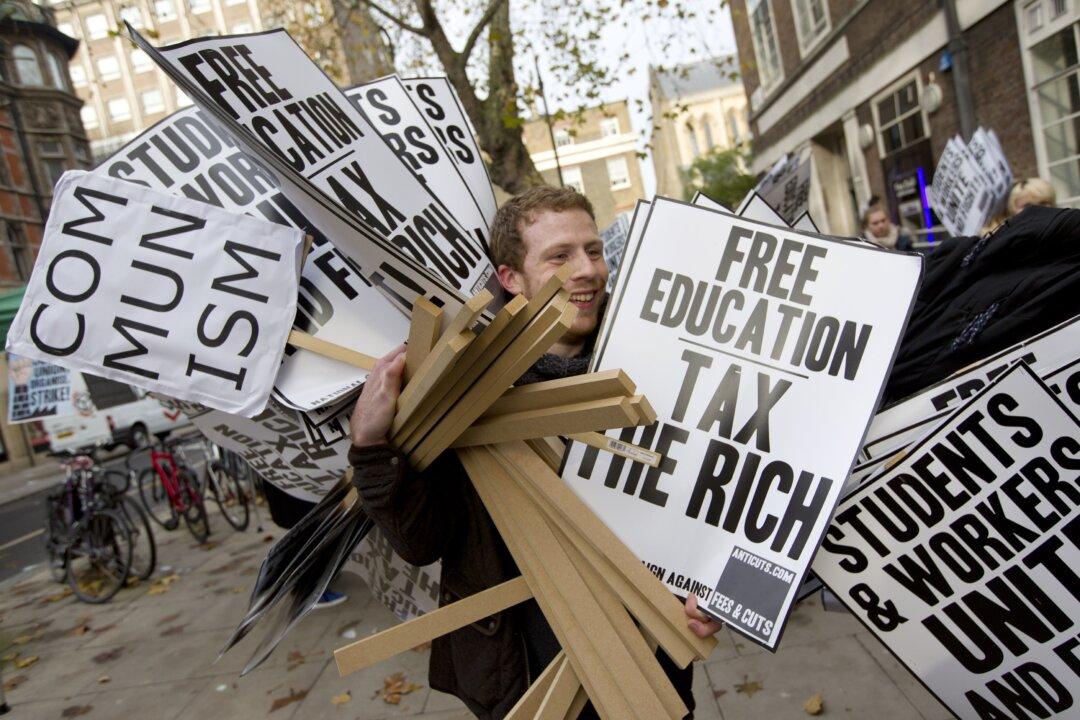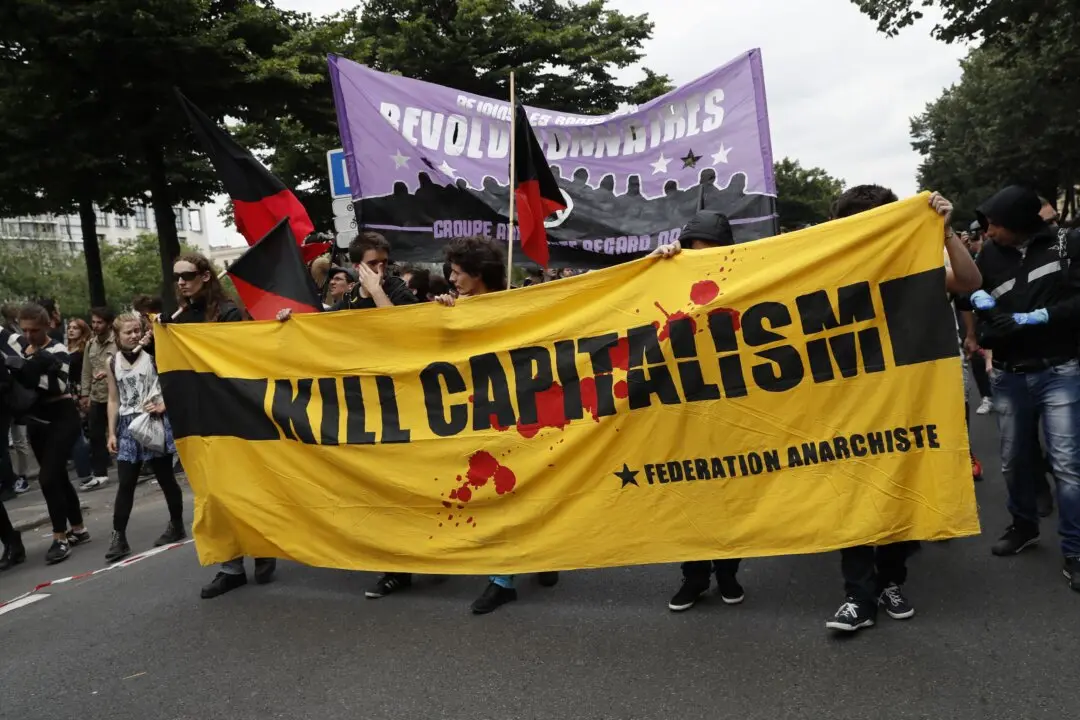Commentary
Regardless of how you feel about immigrants entering our country across the southern border at the Rio Grande River—whether you wish to restrict immigration completely or partially, or whether you believe in open, unlimited immigration either temporarily or permanently—we can all agree that the current situation there is awful and, at times, tragic.





